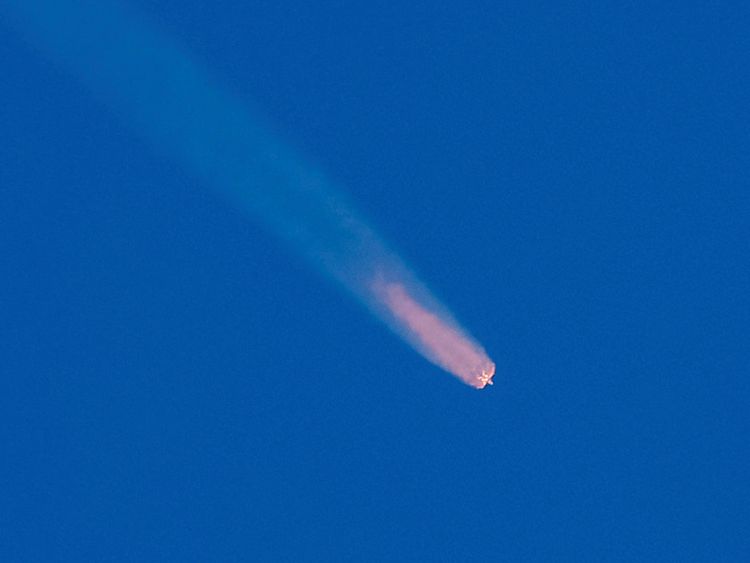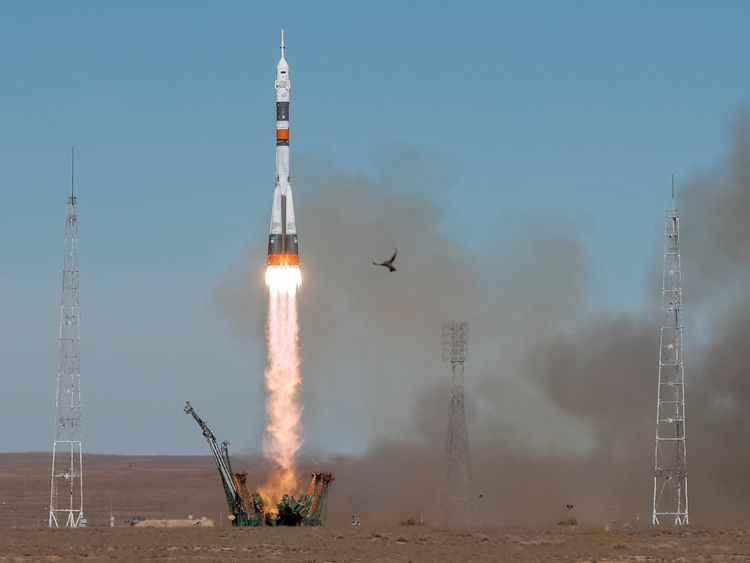A US and Russian astronaut have successfully made an emergency landing following a rocket failure on a mission to the International Space Station.
Shortly after lift-off, the Soyuz rocket was reported to have suffered significant engine failures which has caused the mission to be aborted.
Despite the issue affecting the booster rocket, NASA's Nick Hague and Roscosmos' Alexei Ovchinin are alive and have landed in Kazakhstan. Helicopters have been sent to locate them.
In a statement, NASA said: "The crew are in good condition and in contact. Search and rescue teams are en route to the landing location and we await further updates."
The ISS crew members currently in-orbit have been "notified of the launch contingency" a NASA spokesperson added.

Although the journey was expected to take six hours, it was only a few minutes after blast-off at the Baikonur cosmodrome in Kazakhstan that problems with the rocket became apparent.
The managing editor of NASA Spaceflight reports how an on board view of the launch showed the crew being shaken around during the launch, and says "the staging was clearly off-nominal".
Footage broadcast on Russian television shows a series of billowing smokey explosions occur as the booster rocket stage fails.
Now we know the crew survived, let's look at the failure again. Onboard view showed the crew getting shaken around – which can happen – but the staging was clearly off-nominal. pic.twitter.com/zaso6u1yW8
— Chris B – NSF (@NASASpaceflight) October 11, 2018
Spaceflight historian Gunter Krebs noted on Twitter that the situation reminded him of another Soyuz rocket failure in 1972, when "an in-flight booster failure occurred and the crew was rescued after ballistic reentry."
Ballistic reentry is a much steeper form of reentry, involving only the forces of gravity and aerodynamic drag to slow down the speed of fall.

Malfunctions causing ballistic reentry have occurred a number of times with Russia's series of Soyuz rockets.
All Russian manned space launches have been suspended after the incident, according to Russian news wire RIA.
"You can be sure Soyuz launches will be grounded indefinitely," the NASA Spaceflight editor said.
More from Russia
"Commercial Crew has to conduct a successful uncrewed launch next year before flying astronauts to the ISS (and no – they will not 'fast track' anything that involves crew safety)," he added.
More follows….
[contf] [contfnew] 
Sky News
[contfnewc] [contfnewc]







